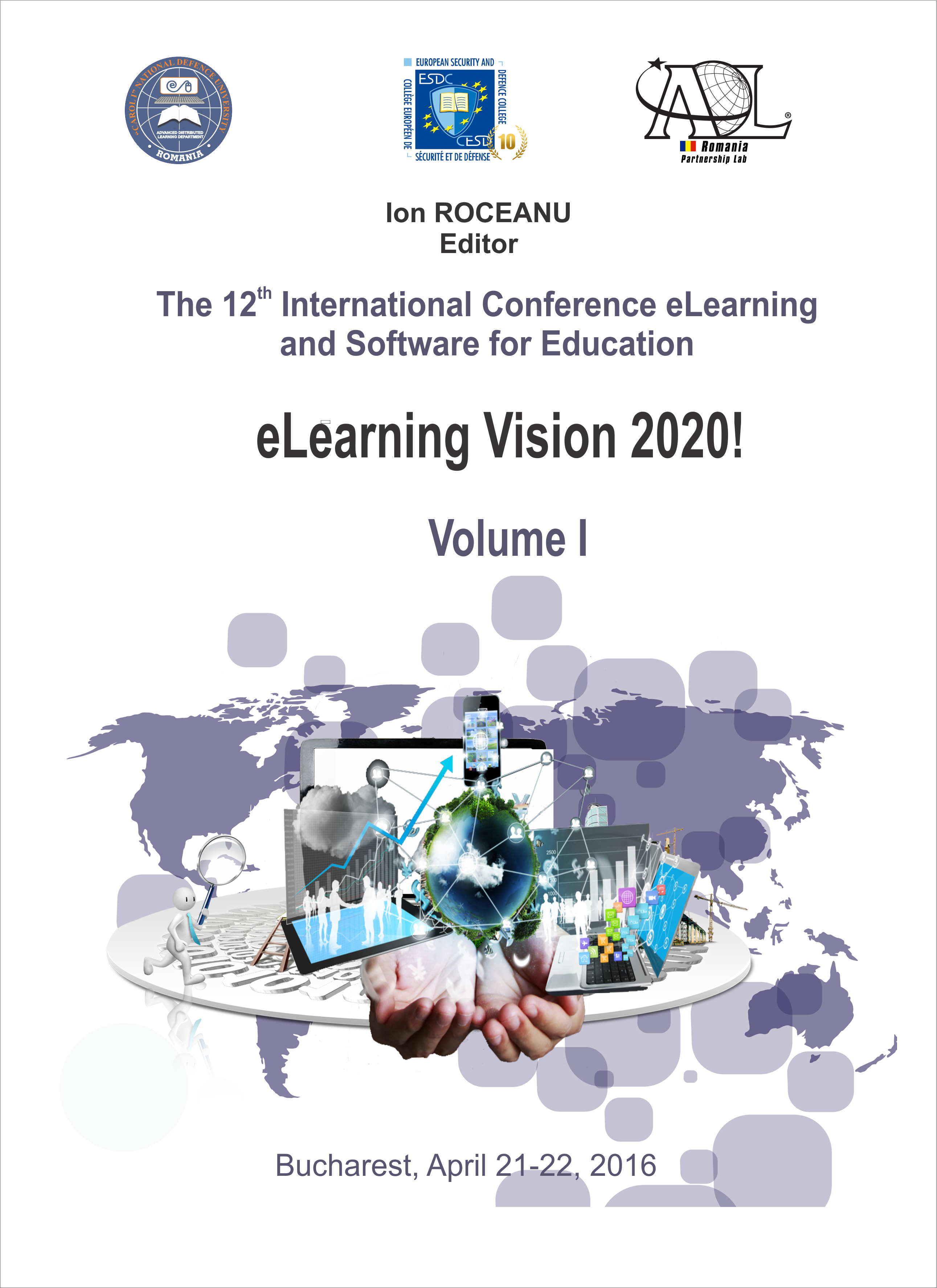MLEARNING APPLICATION FOR ECOSYSTEM SERVICES ASSESSMENT ON SITE
MLEARNING APPLICATION FOR ECOSYSTEM SERVICES ASSESSMENT ON SITE
Author(s): Cristina SAVIN, Alin Moldoveanu, Florica Moldoveanu, Cristina Cojocaru BorovinaSubject(s): Energy and Environmental Studies, Human Ecology, ICT Information and Communications Technologies, Sociology of Education
Published by: Carol I National Defence University Publishing House
Keywords: ecosystem services; mLearning; geolocation; Android;
Summary/Abstract: Ecosystem services are by definition benefits that people receive from nature - such as naturally produced food, fresh water or climate but also cultural or leisure experiences of which people are aware or not. Due to the negative impacts to which biodiversity was exposed, ecosystem services have undergone significant changes, many of them being degraded. Currently, there are very few techniques for assessing and measuring ecosystem services as these processes are considered expensive and difficult to technically implement. This article details how information technology can be used to conceptualize and operationalize in practice a set of theoretical instruction that provide guidance on how to assess and monitor ecosystem services without the use of expensive resources for technical expertise or financial resources. The paper presents TESSA - an application for mobile learning that can be used intuitively by any person interested in ecosystem services, be they scientists or uninitiated people in this field but interested in assessing the benefits of biodiversity spread across human society. The main features of TESSA are geolocation and data evaluation. The results obtained through this evaluation can be saved for future research or can be shared via e-mail. This mobile application is designed to improve the limited techniques for assessing and measuring the available ecosystem services by providing practical guidance to scientists on how they can identify significant ecoservices at a site in order to analyse the data needed to measure them, the methods or sources that can be used to obtain the data and how to communicate results.
Journal: Conference proceedings of »eLearning and Software for Education« (eLSE)
- Issue Year: 12/2016
- Issue No: 01
- Page Range: 386-391
- Page Count: 6
- Language: English

